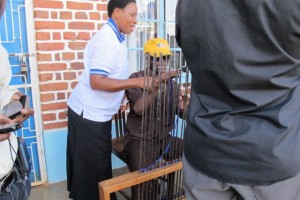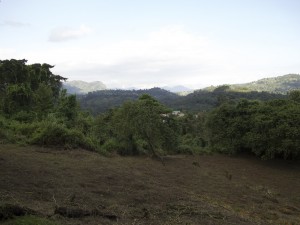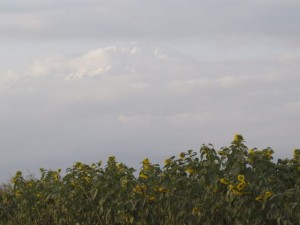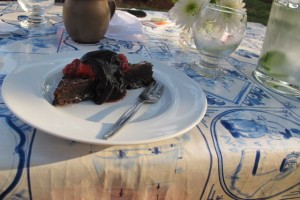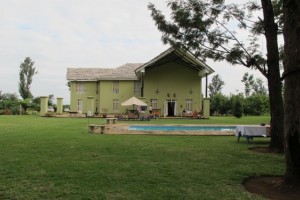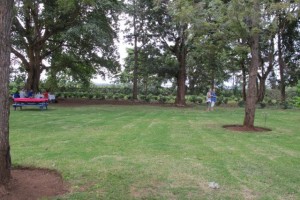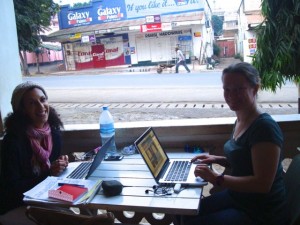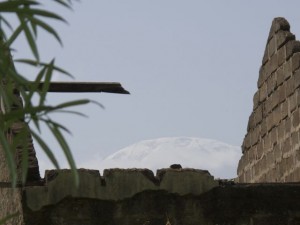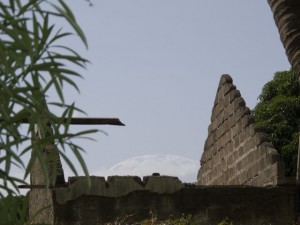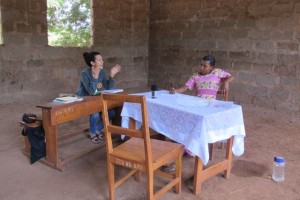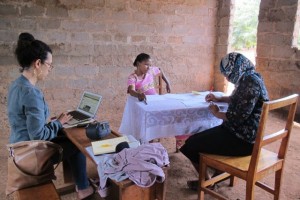Today is the last day of June. I can hardly believe how quickly this month has gone. In just 11 days I board the plane to go home. While I miss my husband and my kitty, fast internet, the subway, and Crumbs cupcakes, I am truly going to miss my friends and experiences I have had in Tanzania. There have been some days and experiences that have tested me in personal and professional ways, but I still love Tanzania and I think of it as a second home. I do not believe that I will live here for a long period of time, but Tanzania will always be a part of my life.
In Lushoto this week, I felt especially at home and felt more like a mwenyeji (resident) than an mzungu (white person, sometimes synonymous with an outsider). I saw several parents of children at the Rainbow School and they welcomed me into their home, were sad I was only there a few days and wanted to know when I was coming back. I didn’t feel like the other when I was there, but like I belonged, which I know was also related to my ability to speak Swahili.
I saw many wonderful friends and made a few new friends, like Kirsi and Petros, the new outreach coordinator at Rainbow and her husband who will be teaching music at the Rainbow School and the Irente Children’s Home.
On my last day there, the Irente Blind School celebrated 50 years of existence. They have been educating blind and low vision students since right after independence. Mama Ruben is their fearless leader and a very wise woman. I hope she gets an opportunity to enjoy retirement soon as she has earned it. Here are some musical selections from the celebration. First is a video with two different clips. In Tanzania, celebrations are large, elaborate, and long.
The event was set to start at 10am, but officially started at about 11:15am. I left at 2:30pm to go to town for a meeting I had arranged the day before. After a report on the state of the school, a reciting of the history, several musical interludes, and a wonderful speech from a professor who was also blind and a speech about giving children with disabilities opportunities in the community by the Bishop of the diocese (the keynote speaker), they were auctioning off various products made at the school by the students to raise money to build a new hostel that would generate income for the Blind School. After that, they planned to have a few more speeches and some music and then lunch was provided for everyone in attendance. Lunch on the schedule was at 2pm. I went to town and then walked back up and got the Blind School at 4:45pm and people were just finishing lunch and the important guests were starting to leave. I finally left with one of the Rainbow teachers to visit her home at 5:30pm.
Above is an audio recording of a song sung by a group of children at the blind school. It is a creative improvisational rap. It reminds me very much of the song by K’naan “Until the Lion Learns to Speak” where they are teaching us a message using a cultural form of musical expression. Enjoy.
